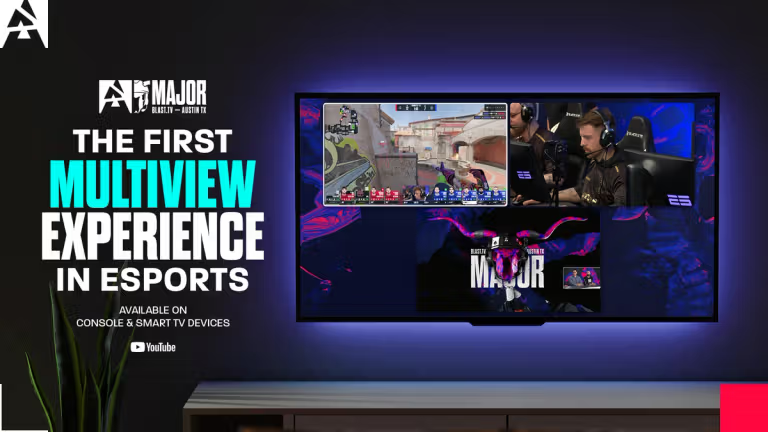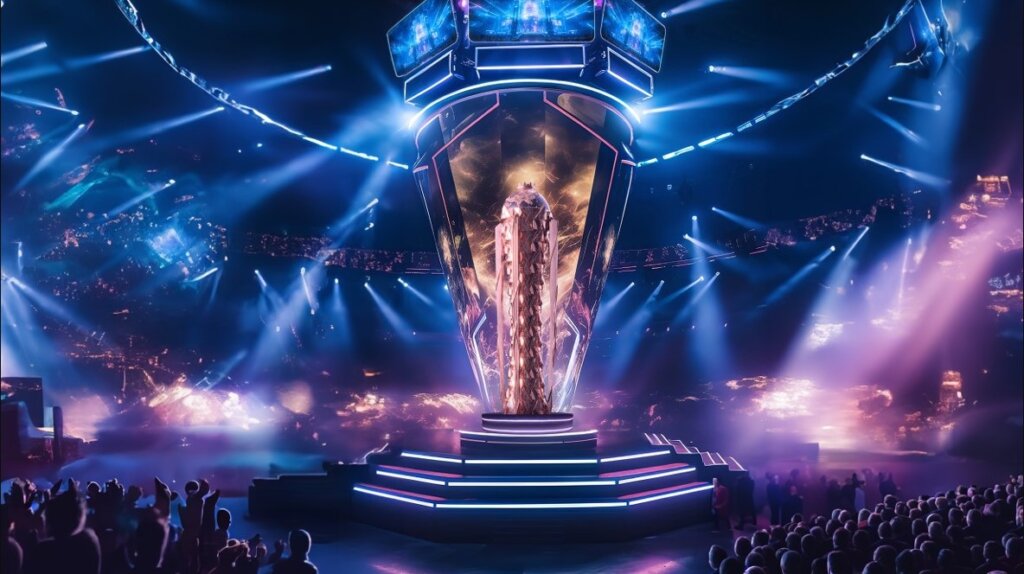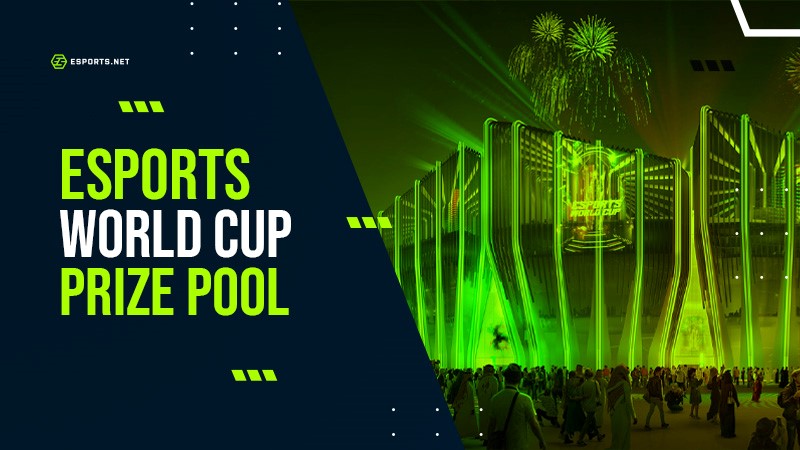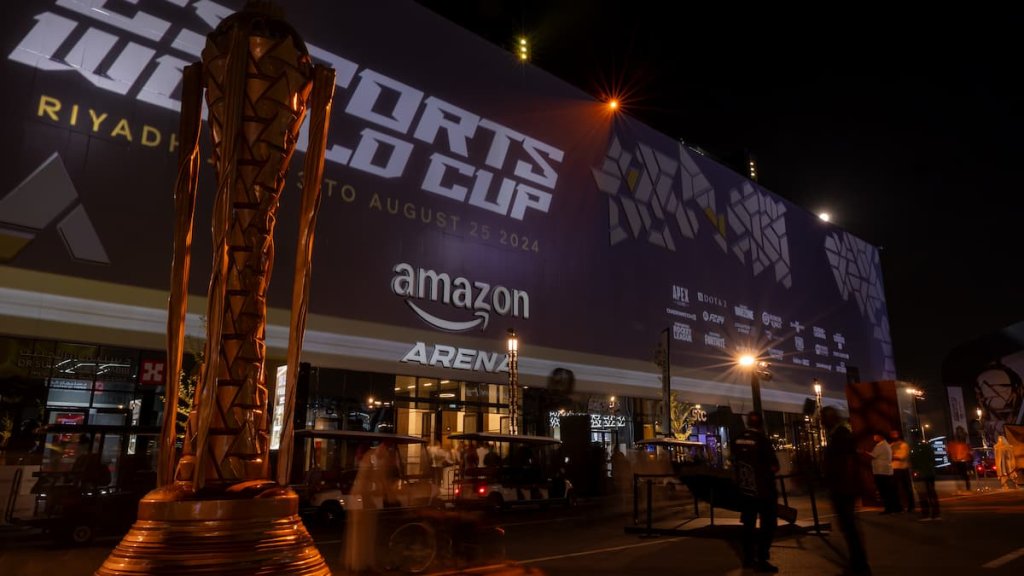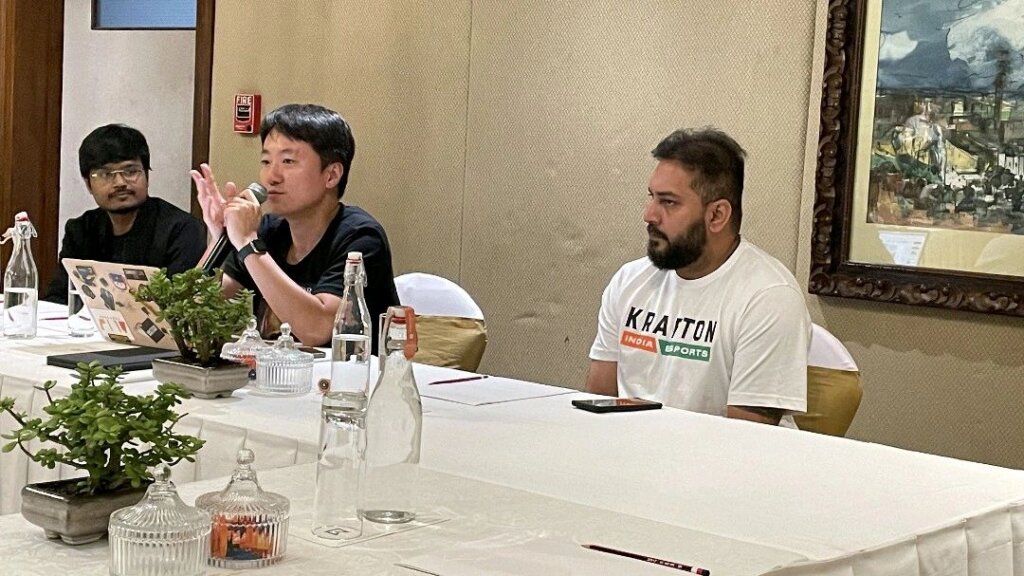
Does esports have a sexual harassment problem?
Whilst esports is one of the most innovative entertainment trends of the 21st century, there’s growing concern that it is prone to one of the most backwards human behaviours – sexual harassment.
In the past couple of years we have seen several competitive gaming stars receive fines and even being banned from competing as a result of lewd actions that they have taken. What’s worse is the fact that this alarming trend seems to be embedded throughout the competitive gaming infrastructure with esports coaches and even games developers being accused of carrying out inappropriate behaviour.

© Team EnVyUs
So is this a case of just being a few bad apples spoiling it for everyone, or is there something more systematic to the frequent accusations of misogyny and sexual harassment in the competitive gaming realm? Anybody who has read the comments on a gaming forum in Reddit will know how esports is synonymous with some fairly juvenile attitudes, but it seems as though these threaten to derail the attempts made to professionalise esports.
Which esports gamers have been accused of sexual harassment?
Whilst Overwatch might seem like it’s a fairly fun first-person shooter, we have seen a few top players of this game being accused of some very unprofessional behaviour. Nowhere was this better witnessed than when the Finnish gaming star, Timo “Taimou” Kettunen, made lewd comments about female esports interviewers. Taimou reportedly stated how he was going to ‘explore that interviewer girls thighs,’ and it was the latest in a long line of offensive comments made by the former Team EnvyUs player. He had previously been banned by the European Team Fortress 2 League in 2012 for a wide range of insults towards various nationalities, and with reports in 2018 that Taimou had used anti-gay slurs in his Twitch stream, it seems as though his bad behaviour is still plaguing the game.
Read also: TF2 Gambling
Other shocking examples of sexual harassment in esports include the sorry case of Lee ‘LEETAEJUN’ Tae-jun and Geum ‘dean’ Dong-geun. These promising Overwatch gamers from the Lunatic Hai team ruined their careers when it was revealed that they had been asking sexual favours from their female fans in early 2017. Despite their protests, several fans came forward with photographic proof that the gamers had been engaged in inappropriate behaviour, and what made matters worse was the fact that one of the fans was a minor.
Troubling instances of sexual harassment elsewhere in the esports realm
It seems that these scandals haven’t just been carried out by some gamers, as it was revealed that routine examples of sexual harassment had also been endured at Riot Games. Whilst Riot Games is famous for giving us one of the world’s best loved esports in the form of League of Legends, in August 2018, it was revealed that several senior figures in the company had been engaged in some very dubious behaviour. From telling jokes about rape, to sending photographs of their genitals to female co-workers, it seems that misogyny somehow became rife in one of the world’s most respected software houses.

© Team Vendetta | Valve Corporation
But it hasn’t just been women who have been affected by such unacceptable behaviour, as last year it was revealed that the Team Vendetta Dota 2 coach, Chase ‘Loomdun’ Stearns, had sexually harassed the American esports player, Samuel ‘Sammyboy’ Anderson. Whilst Team Vendetta quickly made moves to dismiss Stearns as a coach, it is just the latest sorry example of those in positions of power sexually harassing others.
What steps can be taken to counter this worrying trend?
As the esports industry has been taking significant steps to professionalise the gameplay and tournaments, it has been worrying to see that little has been done to counter misogyny and sexual harassment in the competitive gaming realm. Whilst Tae-jun and Dong-geun were suspended from competing in the OGN Overwatch APEX Season 2 tournament, the Overwatch League have yet to respond to some of Taimou’s controversial outbursts.
It’s clear that more of top-down approach needs to be undertaken in order for esports to leave behind such vile behaviour. Although efforts have been made to chase big money sponsorship deals, the fact that top Fortnite gamers like Ninja can go on record as stating that they refuse to compete with female gamers shows that there’s a real problem with gender in the competitive gaming world.
Much of this could simply be put down to the relative young age of many esports players and spectators. But when lewd remarks and sexual harassment start to appear at all levels of competitive gaming, it shows that more needs to be done to counter such antisocial behaviour. And with a recent report from Nielsen revealing that nearly 30% of esports fans are women, it’s hoped that the increasingly female audience won’t stand for such outdated attitudes.
